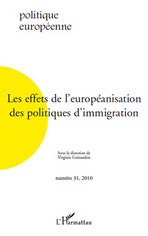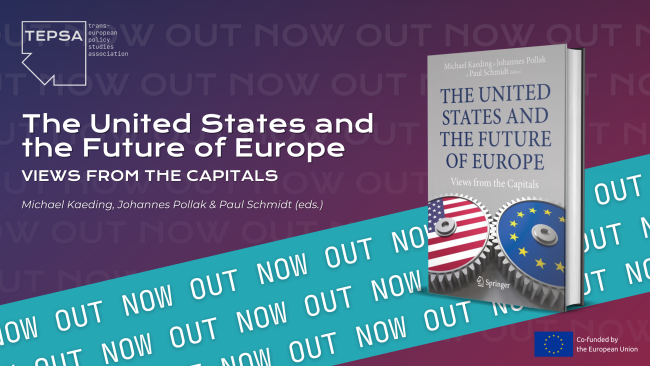Europe in electoral campaign : a cross-national analysis of the media

By means of a analysis of newspapers from ten countries, this article analyzes the nature of electoral campaigns for the June 2009 European Election. It assesses the "second-order" character of these campaigns and the degree of Europeanization of the national public spheres. We demonstrate that, even though these campaigns remained dominated by national actors and themes, 'Europe' was not completely absent. However, the Europeanization of public spheres remains limited : our analysis reveals that few references were made about EU issues and about other Member states, that the supranational actors were hardly involved and that the campaigns lacked substantive debates.
Related centers and programs
Discover our other research centers and programsFind out more
Discover all our analysesFrance, the U.S. Oldest and Most Complicated Ally: A Stubborn Defender of a Truly European Industrial and Defence Policy
France, the U.S.’ oldest ally, is also the EU country which most stubbornly defends genuinely European industrial and defence policies. It calls for ‘strategic autonomy’ in all political domains, a position increasingly difficult to hold against a hardening international climate.
The Franco-German Brigade and the Revival of European Defense
One thing has been clear since Donald Trump's return to the White House: the very existence of the European unification project is threatened. Unless it develops a sovereign defense policy to counter the war in Ukraine and the weakening of American security guarantees, the European Union will continue to see its internal cohesion and external attractiveness wane.
Friedrich Merz and the Zeitenwende 2.0. A “New Era” for Transatlantic Relations?
On February 23, 2025, almost 60 million voters were called upon to elect a new Bundestag. These elections will also give rise to a new government in Europe's largest economy.
After the Elections: Germany in Search of Shaken Stability?
With a voter turnout of 82.5%, Germany recorded its highest participation since 1987—an increase of 6.1 percentage points compared to 2021. As in the previous election, the high turnout particularly benefited the Alternative for Germany (AfD), which was able to mobilize many former non-voters. Many voters sought to punish the outgoing government with their ballots, as its approval rating had dropped to just 14% before the coalition broke apart in November 2024. Germany is now very likely heading toward a grand coalition between the CDU/CSU and the SPD, with exploratory talks having begun on February 28.









